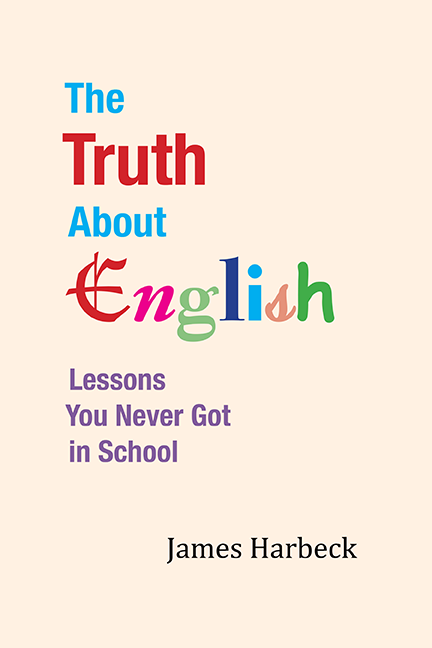When the summer is here, it’s time to chill some beer (or lemonade, or other drink). But as the days grow dimmer, the time is just… chillsome.
I suppose a word like this would be likely to kill (or make ill) some who have no chill about the language. Others would receive it with a surreptitious sniff as when you pass them a book they suspect to be old and basement-scented. But which is it, lately invented or long aged?
Some –some words are of new coinage; pillowsome is one I first saw within the past quarter century in a comic strip (probably FoxTrot) to refer to a textbook suitable for snoozing on in the back of the class. (I’ve used it myself, earlier this year – the word, not the textbook.) Other –some words are downright ancient: winsome dates to the Old English era, first seen by the year 900; buxom was originally made of the old form of what would now be bowsome, as in ‘compliant, prone to bowing’, but only showed up some 200 years later than winsome in that form and needed another couple of centuries after that for the x to cross it.
A bunch more –some words came in during the 1300s or so (including cumbersome, fulsome, gladsome, handsome, loathsome, noisome, and wholesome, so Oxford tells me), and more (including awesome and quarrelsome) around the 1500s, and others have shown up in more recent times. So, in sum, some are here and some are there. But chillsome?
If I said it showed up in the 1980s, you could picture it as uttered by some character in a teen movie (Some Times at Ridgesome High?): “Dude, be more chillsome.” If it showed up after 2000, you might expect it to be in someone’s advertising: [cue gravelly voice] “The most chillsome beer.” If, on the other hand, it dated back to Old English, when chill was the usual noun for cold (cold started out as an adjective), or perhaps Middle English, when it gradually came into use as a verb, you would expect it to be an old-fangled way of saying ‘chilly’ or perhaps ‘prone to causing a chill’.
I’ve already given you the sense, up in the first paragraph, so you know there’s no stoner dude drawling it on the screen (well, maybe there is, somewhere, but he didn’t start it). It does in fact mean ‘chilly’ or ‘chilling’. And it was first seen…
…well, I’m not sure. The Oxford English Dictionary has citations only from the 1920s. But go to Google Books and you’ll find some from the mid- to late 1800s, including this from an 1843 issue of The Protestant Magazine: “God may permit the sullen winds to blow, / Yet tempers He their chillsome dreary blast…”
I can’t say that the chillsome dreary blasts are much tempered around here, especially not in midwinter. But at least for now the temperature is still a bit temperate.
That won’t last. Kill some time and it will be chillsome time.







Love it! I want to ask you something: the name Sesquiotica has to do with phobia of long words?
Not phobia! It’s just a play on words: semiotics is the study of signs, but semi also (not relatedly) means ‘half’, and sesqui means ‘one and a half’, so sesquiotics must be three times as good as semiotics. Really it’s just about getting as much out of words (and other signifiers) as possible, and then some.